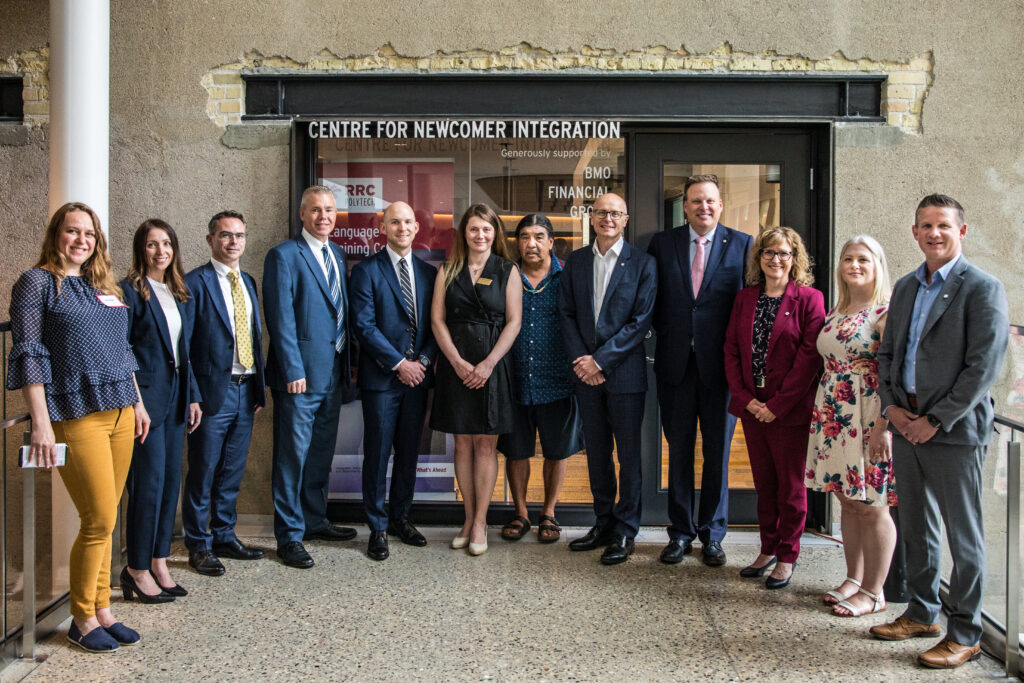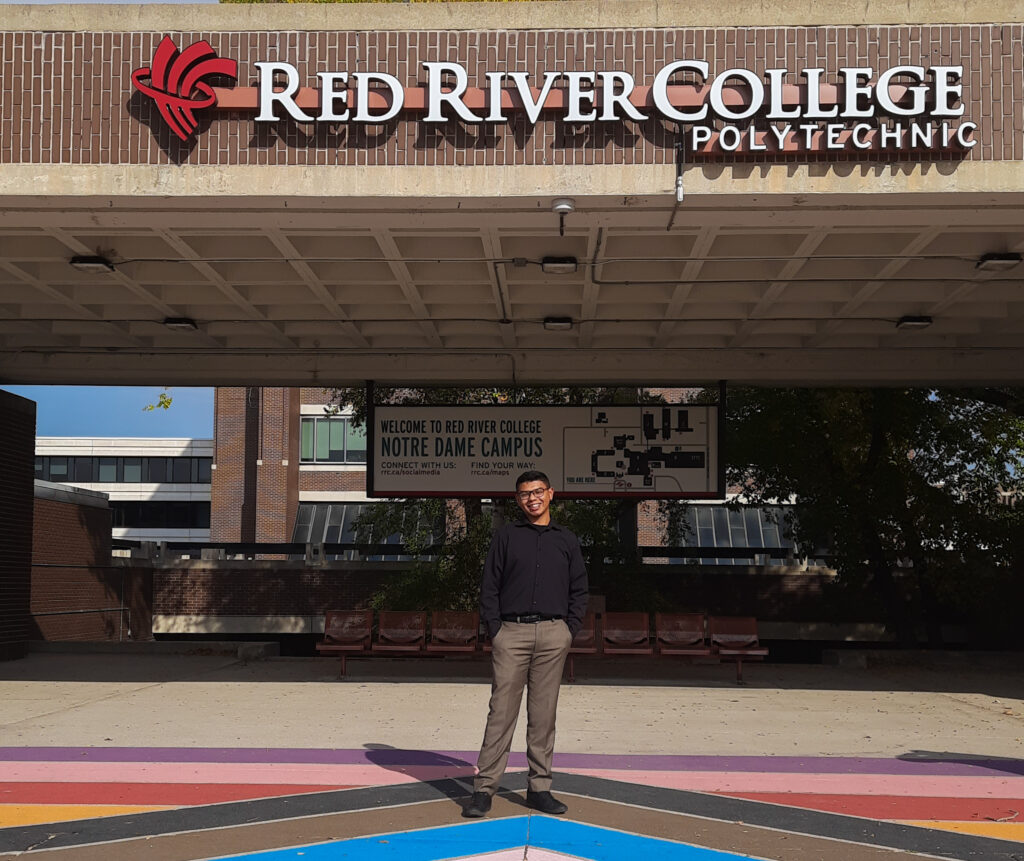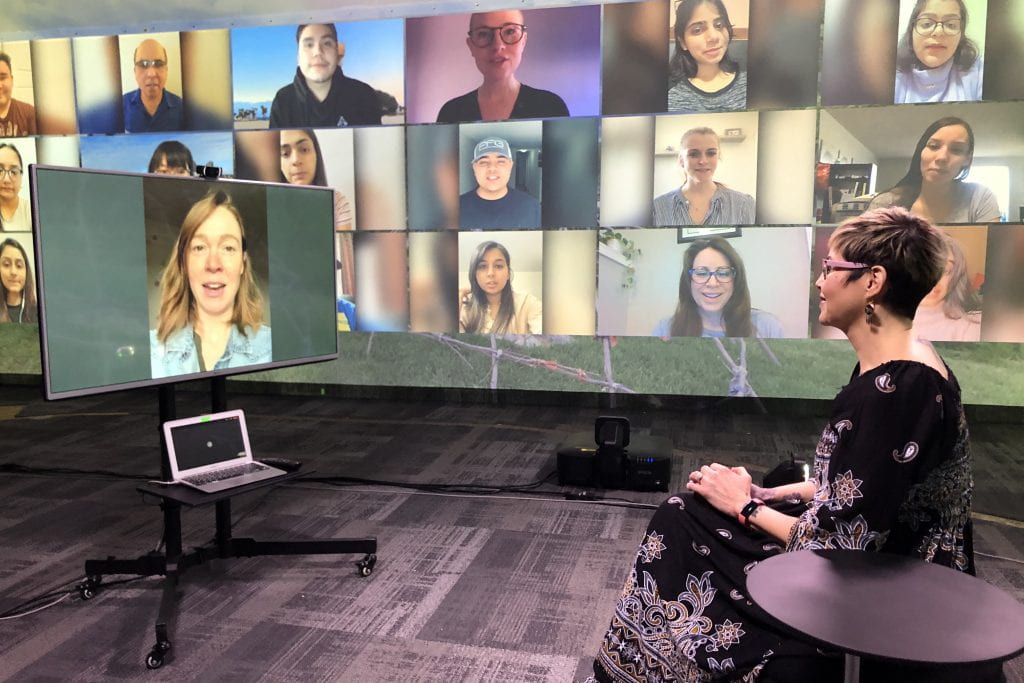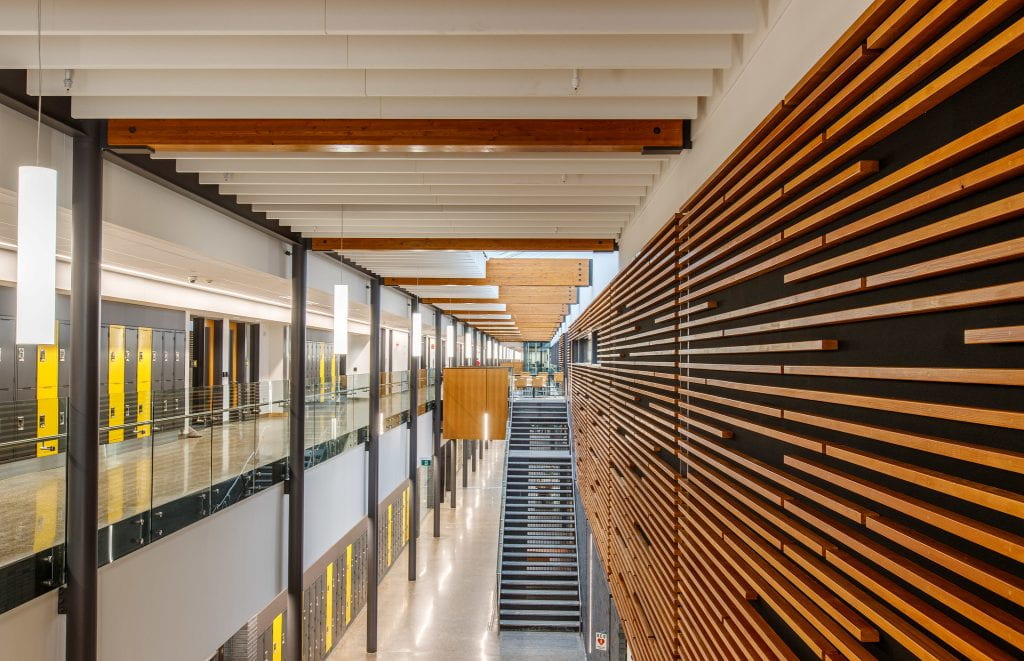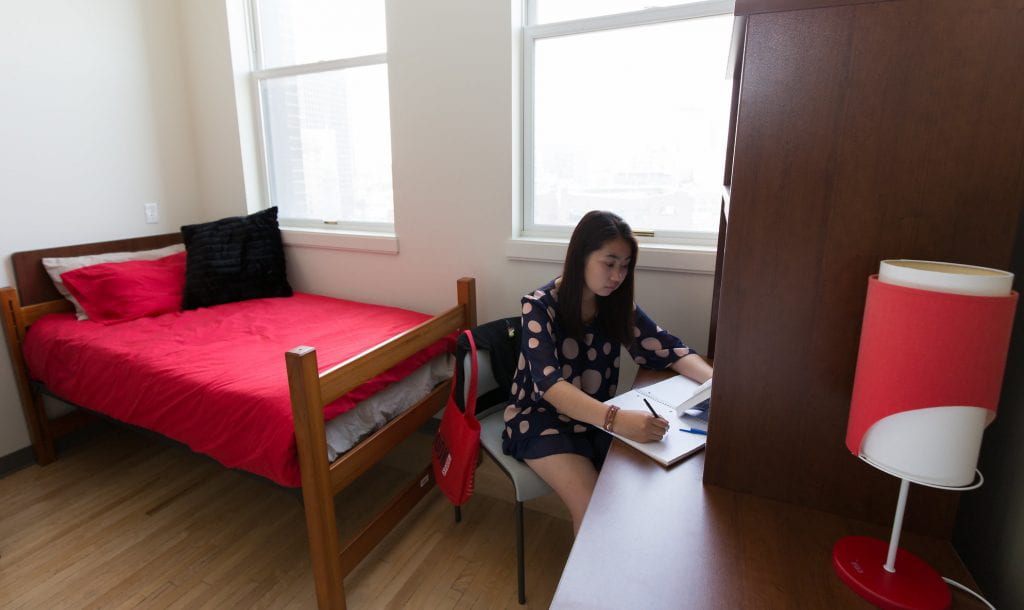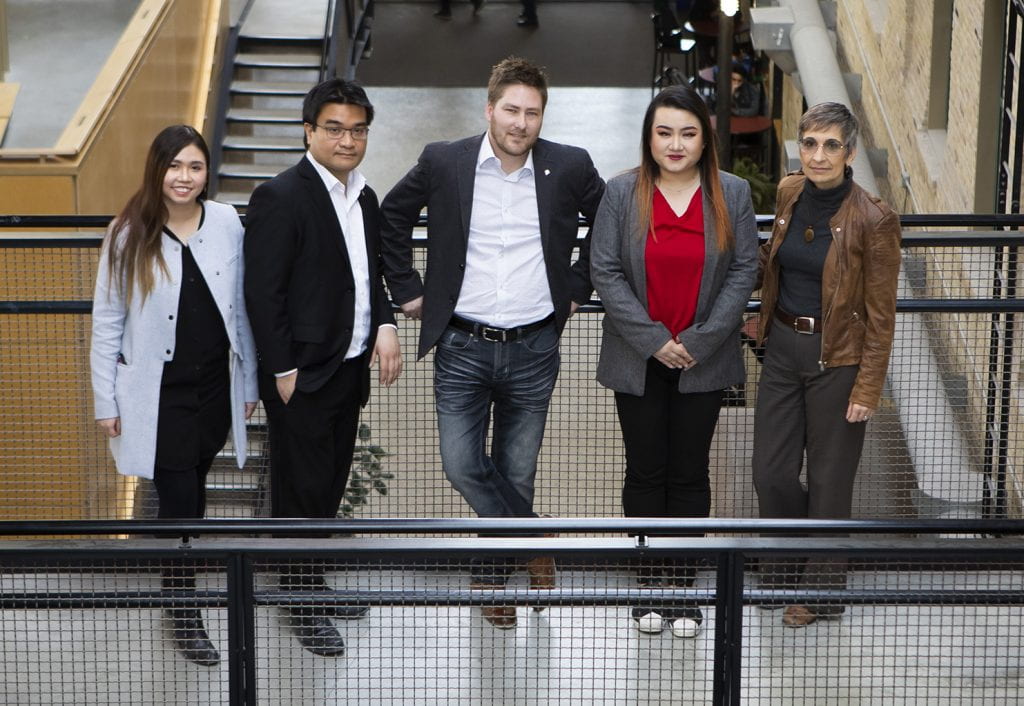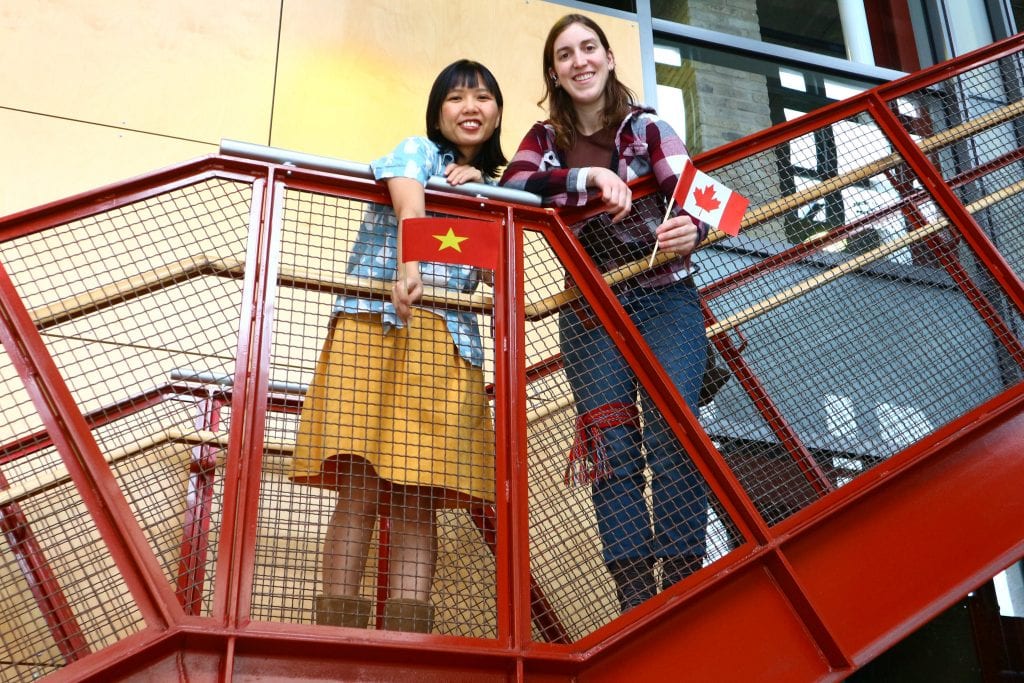Pilot project opens a world of possibilities to RRC Polytech automotive students
The tattoo on the back of Leon Mann’s hand says Rasva-apina, the Finnish translation for a term sometimes used to describe a mechanic. The tattoo is a permanent tribute to a four-week trip he took to Finland earlier this year as part of RRC Polytech’s Outbound Student Mobility pilot project.
The project aims to help students — especially those from under-represented groups — strengthen their global skills and competencies, boost their career capacity, expand their professional network and ultimately enrich Manitoba’s economic and social prosperity.
It’s already put Mann, an automotive student with roots in Lake Manitoba First Nation, on a path he would never have thought possible a short time ago. He almost didn’t fill out the program application.
“I was feeling stuck in place and thought, ‘You can’t do that, you can’t achieve that, it’s too prestigious.’ But one of my instructors pushed me, so I applied. Now, I still can’t believe I was there.”
Mann traveled to Finland in February with almost a dozen other RRC Polytech automotive students and instructors. The trip counted towards their program’s work experience requirement and exposed them to on-site training and cultural exploration.
Outbound Student Mobility launched in 2019 thanks to funding from Global Skills Opportunity (GSO), an Employment and Social Development Canada initiative jointly administered by Colleges and Institutes Canada and Universities Canada (CICan).
“Study and work abroad programs are invaluable learning experiences that ensure students are culturally literate, resilient, adaptable and ready to succeed in an increasingly globalized world,” says CICan President Denise Amyot.
A recent CICan report shows 2,556 students Canada-wide have participated in the program. Three quarters of participants identified themselves as members of underrepresented groups — Indigenous students, low-income students and students with disabilities — who would not have had the opportunity to study abroad if it wasn’t for this project. Read More →


